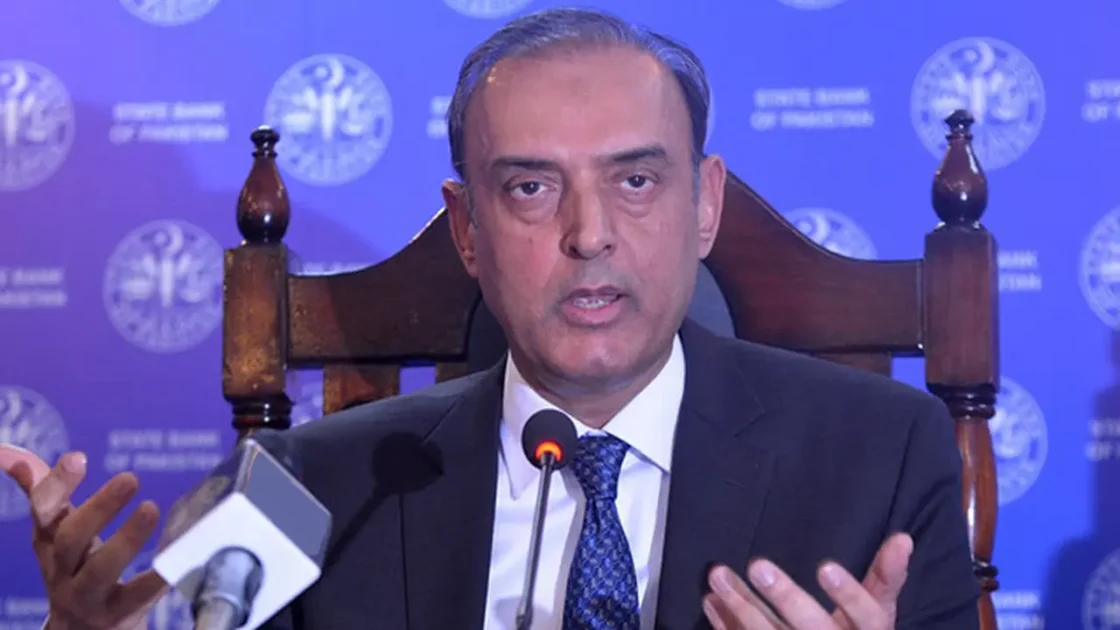- Web Desk
- 6 Hours ago

World Bank to approve $450 million Sindh Housing Reconstruction Project post floods
-
- Web Desk Karachi
- Dec 20, 2024

ISLAMABAD: The World Bank’s Board of Executive Directors is expected to greenlight the ‘Sindh Flood Emergency Housing Reconstruction Project’ worth $450 million on Friday (Dec 20). This initiative aims to facilitate beneficiary-led, multi-hazard resilient reconstruction of essential housing units impacted by the 2022 floods in select districts of Sindh.
According to the Business Recorder, the board will convene today to discuss the Sindh Flood Emergency Housing Reconstruction Project as part of its agenda. The project is designed to support owner-driven and resilient reconstruction efforts for core housing units. It includes a housing subsidy that will offer reconstruction and restoration grants for approximately 350,000 housing units—representing nearly 20% of the total housing rehabilitation needs in Sindh—and is expected to benefit around 1.4 million individuals, with nearly half being women.
Also read: ADB approves $400 million loan for Sindh flood recovery
Furthermore, an anticipated 400,000 beneficiaries will receive training in multi-hazard resilient construction techniques through capacity-building initiatives funded by the project. This training aims to enhance the long-term resilience of communities by improving housing sector structural designs and construction practices.
The project will provide cash grants to support the partial financing of reconstruction or restoration for homes suffering from structural damage. Additionally, it will offer basic rainwater harvesting systems and twin pit latrines to improve water and sanitation access. According to project documents, the development goal is to achieve beneficiary-driven, multi-hazard resilient reconstruction of core housing units that were affected by the 2022 floods in selected districts of Sindh.
The project consists of three main components. The first component focuses on housing reconstruction grants, which will aid beneficiaries in rebuilding or restoring their core housing units. The second component, aimed at institutional strengthening and technical assistance, includes: (i) a comprehensive damage assessment and eligibility verification survey; (ii) provision of technical assistance for the reconstruction program managed by the implementing entity; and (iii) support for implementation through designated partners. The third component involves project management and implementation support, offering resources for managing and executing the project, including the establishment of an empowered implementation agency and a grievance redress mechanism.






